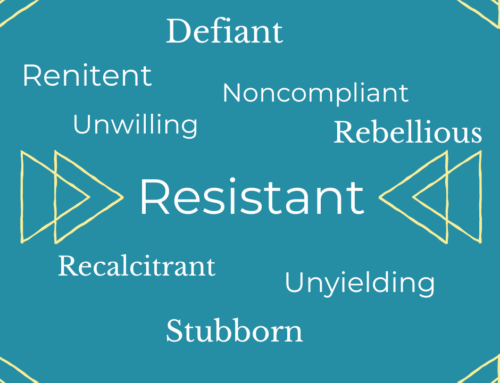Every once in a while you come across a concept that causes you to stop and take notice. You hear about something new that you have never before considered, and you have that “aha” moment. Most recently for me, I learned about the concept of the Compassionate Observer.
The Compassionate Observer isn’t someone who compassionately observes someone or something outside him or herself. The Compassionate Observer is simply you becoming aware of your own thoughts, and learning how to view them with the kind of empathy and concern you normally show others.
Using Compassion
As moms, we have a lot of experience feeling compassionate. As moms of teens with anorexia, we have learned to feel compassionate even when we are faced with our daughter’s extreme resistance to eating. But being compassionate toward ourselves and our own thoughts is probably not something we consciously do on a regular basis.
In fact, most of us miss this step when we try to go from feeling negative about something to feeling positive about it. We’re in such a hurry to skip the negative stuff to get to the positive, that we don’t give ourselves a chance to observe our current thoughts.
Becoming An Observer
How To Be A Compassionate Observer
So how do we become Compassionate Observers of our own thoughts, and why does it matter? Taking the time to learn and apply this concept is so important because it puts you into awareness of your thoughts and allows you to see what you are thinking.
The ability to compassionately observe your thoughts gives you a bridge from your automatic unconscious thought patterns to conscious thoughts that you choose deliberately. Becoming the Compassionate Observer of your thoughts is the first step to becoming aware of how your thoughts ultimately create the results in your life.
To figure out why you feel the way you do, you need to first identify the thoughts that are creating your feelings. Your feelings drive your actions or your lack of actions. In turn, the actions you take or don’t take create your results.
It makes sense that if we don’t even know what we are thinking, or we judge what we are thinking, then we are on automatic pilot with our thoughts and feelings, and we are not controlling our actions.
If you’d like some help learning to be a Compassionate Observer, contact me at jenni@peacemealcoach.com to schedule a free 20-minute mini coaching session.






